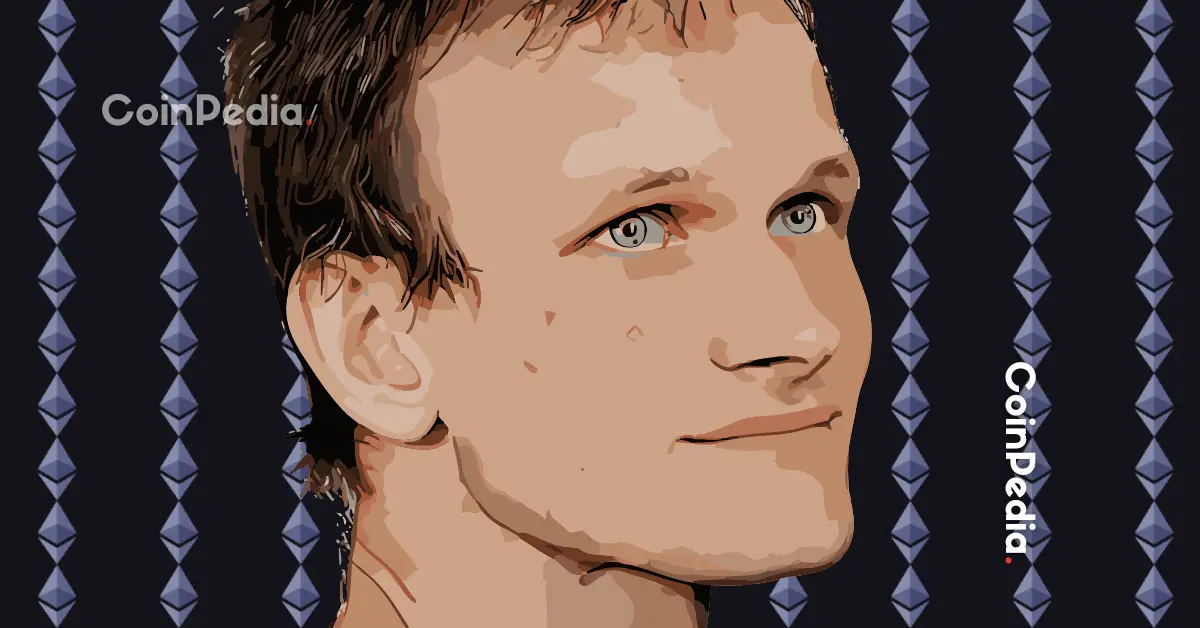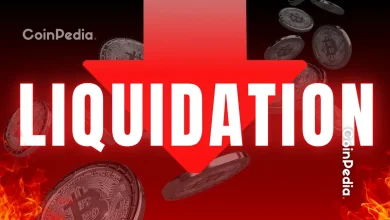
Vitalik Buterin warns closed systems risk monopolies and mistrust.
He calls for open-source, verifiable infrastructure to ensure trust.
From vaccines to voting, openness prevents abuse and inefficiency.
Ethereum co-founder Vitalik Buterin is widening the conversation beyond crypto.
In a new blog post, he warned that if the world continues to rely on closed, centralized systems in healthcare, finance, and governance, the result could be monopolies, abuse of power, and a deep loss of trust.
“The default path,” Buterin wrote, “is corporations and governments building closed systems that benefit themselves, not society.”
His answer: critical infrastructure must be open-source and verifiable so that anyone can inspect and trust it.
Why Openness Is a Safeguard
Buterin’s point is that open systems act as a check on power. Societies that build and control their own transparent infrastructure don’t just use technology, they shape it in ways that are harder to exploit.
Closed systems, on the other hand, may look smooth on the surface but often hide inefficiencies and risks.
Healthcare: COVID-19’s Warning Sign
The COVID-19 vaccine rollout was a clear example for Buterin. With production locked in proprietary systems and communication often opaque, public trust suffered.
He pointed to projects like PopVax, an open-source vaccine initiative, as proof that transparency can reduce costs and build trust at the same time.
Finance: Crypto Shows the Alternative
The financial system isn’t much better. Buterin highlighted the gap between traditional services and blockchain networks: an Ethereum transaction can settle in five seconds, while filing one legal form in the U.S. can cost $119 and take days.
For him, it serves as a reminder that open, verifiable systems like blockchain cut through inefficiency, while closed financial rails continue to drag their feet.
Governance and Elections Under Scrutiny
Governance, too, is at risk. Many voting systems today rely on “black box” machines that leave citizens unable to confirm results. That lack of transparency, Buterin argues, eats away at trust in democracy itself.
The same logic applies to courts, civic services, and legal evidence. Without open, verifiable systems, citizens are left taking outcomes on blind faith.
Buterin has also tied openness with privacy. He’s been clear that privacy is not optional and must be built into systems from the ground up. His Ethereum privacy roadmap, unveiled earlier this year, aims to show how verifiable infrastructure can still protect individuals.
A Closing Warning
Buterin’s vision extends beyond crypto: open-source phones that double as secure wallets, transparent health trackers, and civic systems that anyone can audit.
But his warning is blunt – if open alternatives don’t take root soon, corporations and governments will fill the gap with closed, profit-driven systems. And once those are entrenched, they’ll be much harder to challenge.
“Openness and verifiability,” he argues, may decide whether society’s future infrastructure empowers people or controls them.
Never Miss a Beat in the Crypto World!
Stay ahead with breaking news, expert analysis, and real-time updates on the latest trends in Bitcoin, altcoins, DeFi, NFTs, and more.
FAQs
Vitalik Buterin argues that open, verifiable systems prevent monopolies and abuse of power by allowing anyone to inspect and trust critical infrastructure in areas like healthcare and finance.
Buterin uses blockchain to show that open, verifiable financial systems can be more efficient. An Ethereum transaction can settle in seconds, contrasting with the slow, costly process of traditional finance.
Open systems for governance, like verifiable voting machines, can rebuild trust in democracy. Buterin argues that “black box” systems, where results are unverifiable, eat away at public faith.
Trust with CoinPedia:
CoinPedia has been delivering accurate and timely cryptocurrency and blockchain updates since 2017. All content is created by our expert panel of analysts and journalists, following strict Editorial Guidelines based on E-E-A-T (Experience, Expertise, Authoritativeness, Trustworthiness). Every article is fact-checked against reputable sources to ensure accuracy, transparency, and reliability. Our review policy guarantees unbiased evaluations when recommending exchanges, platforms, or tools. We strive to provide timely updates about everything crypto & blockchain, right from startups to industry majors.
Investment Disclaimer:
All opinions and insights shared represent the author's own views on current market conditions. Please do your own research before making investment decisions. Neither the writer nor the publication assumes responsibility for your financial choices.
Sponsored and Advertisements:
Sponsored content and affiliate links may appear on our site. Advertisements are marked clearly, and our editorial content remains entirely independent from our ad partners.







